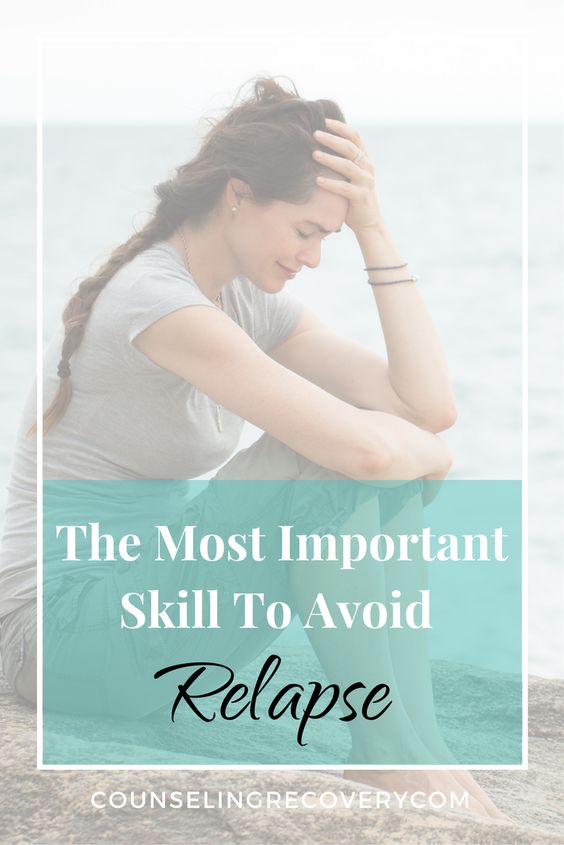The Most Important Skill To Avoid Relapse in Addiction
I was listening to a recovery podcast by Bob Earl, a very charismatic AA speaker, known for courageously facing childhood issues in late recovery. He said that learning to handle feelings is the most important skill to avoid relapse. It seems kind of simple but is it true?
How Addiction Starts
Addiction begins when you use substances or compulsive activity to avoid the pain. The cycle of using alleviates that pain temporarily but creates more problems later.
That's why it's so hard in recovery when feelings hit! You aren't used to having them - and let's face it most people used in order to avoid having to feel anything!
The more substances are used to escape reality, the more challenging it is to learn how to feel without them. It becomes a vicious cycle of shame. You use because your hurting, but in sober your feelings come back with a vengeance. Everything that was buried starts to surface.
In early sobriety, the assumption is that everything is now fixed. But learning how to handle your feelings is a huge adjustment in early recovery.
Active participation in AA is essential, but it doesn't teach how to handle the feelings that are underneath the addiction.
Starting Recovery
Working the steps with a trusted sponsor is the first step in facing the past and dealing with the feelings that will surface.
12 step slogans such as One Day at a Time, Live and Let Live, Easy Does It and This Too Shall Pass are lifesavers in moments of pain.
When uncomfortable feelings surface, it feels scary because it's new. Take the time to get to know your feelings. What does it feel like in your body to feel sad or anger or lonely?
Learning to recognize and identify feelings will go a long way in recovery. Just letting them bubble up is progress.
Professional help is recommended if there is depression or anxiety that doesn't improve in recovery. If there is a history of trauma, recovery can be more difficult than it needs to be. It's okay to get outside help.
Tools to Avoid Relapse
Often, clients stuff feelings or blow up in anger. They don't recognize them until they are boiling over. One tip is to rate your stress level from 1-10, one is no stress at all, and 10 is feeling out of control. Just paying attention to your number helps you decide what you need to do next.
Finding healthy ways to handle emotions is essential for recovery to work.
Helpful suggestions for handling emotions:
Exercise as a way to alleviate stress. Your endorphins improve mood and decrease anger.
Tell someone how you feel provide a surprising sense of relief. Pretending is what zaps your energy.
Writing in a journal or sharing honestly at meetings provides a great outlet. Just the act of being heard is healing.
Isolating contributes to depression and relapse, so meetings are a vital way to stay connected. Find a few trusted friends to talk to and support each other. It's a we program so the purpose is to do the program together.
If you struggle with people pleasing and difficulty setting boundaries in relationships, check out my online masterclass on Healing Codependency: How To Create Loving Relationships Without Sacrificing Yourself.
I’ve created a private resource library including 20 Things to Do When You're Angry and 15 Steps to Setting Healthy Boundaries and more to help you create amazing relationships.

